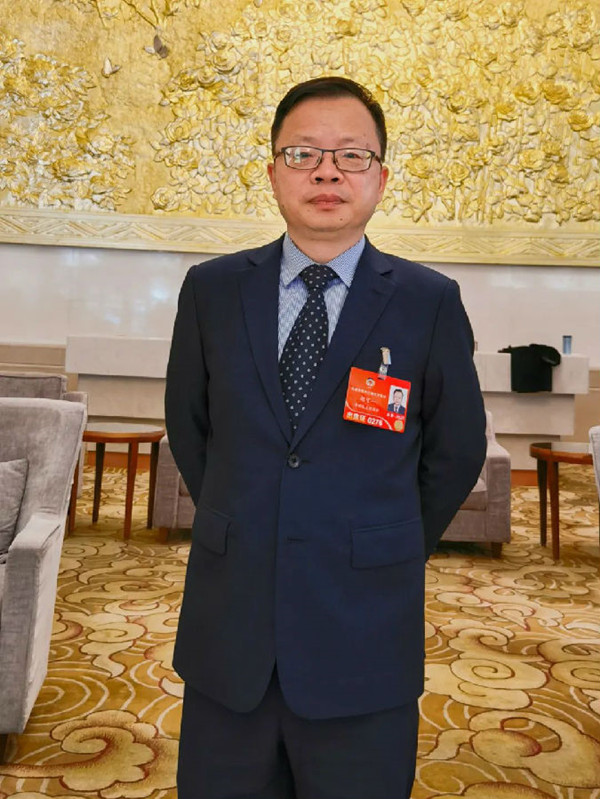China should rely on its system advantage to develop the cruise industry and realize its high-quality and sustainable development in the post-pandemic era, a political adviser suggested.
Hu Keyi, a member of the 13th National Committee of Chinese People's Political Consultative Conference (CPPCC) and deputy director of the Shanghai Committee of China National Democratic Construction Association (CNDCA), made a proposal on promoting revitalization of China's cruise industry in the post-pandemic era at the annual sessions of China's top legislative and political advisory bodies. His suggestion focuses on resumption of the cruise business and pandemic prevention and control as well as issues related to the whole industrial chain development of the industry.
In recent years, China's cruise industry, serving the national strategy, has been making progress in various fields like research and development, design, assembly and construction, mother port deployment, supply chain construction, operation and service and route planning.
The first domestically-built large-scale cruise vessel in China started system installation and adjustment in December 2021, coming one step closer to its delivery.

Hu Keyi, a CPPCC member and director of the science and technology committee of CSSC's Jiangnan Shipyard (Group) Co., Ltd., makes a proposal on revitalizing China's cruise industry in the post-pandemic era at the annual sessions of China's top legislative and political advisory bodies. [Photo/sasac.gov.cn]
Hu, also director of the science and technology committee of Jiangnan Shipyard (Group) Co., Ltd., a subsidiary of China State Shipbuilding Corporation Limited, suggested that the country should encourage and create conditions to support Chinese cruise enterprises and cruises with Chinese flags of convenience to pioneer cruise industry revitalization and continue to provide financing and tax support to the industry.
Meanwhile, the government and the pilot ports of Chinese style cruise mode should ensure guidance of pandemic prevention and control on cruises and develop complete relative management standards and regulations.
Hu also said that the cruise routes of the pilot ports should be improved to meet demands of the current environment, and the business climate of the Chinese cruise industry should be optimized to enhance its competitiveness in the situation of pandemic prevention and control.
He also suggested that Shanghai is a pilot port choice considering its tourism hinterland size and pandemic prevention and control effectiveness.
He added that the Chinese cruise mode will benefit revitalization of the country's cruise industrial chain and improve local cruise enterprises' competitiveness. The mode will push forward ship development and construction to meet Chinese people's demands, which will promote breakthroughs in ship design and construction technologies.
(Executive editor: Niu Yilin)